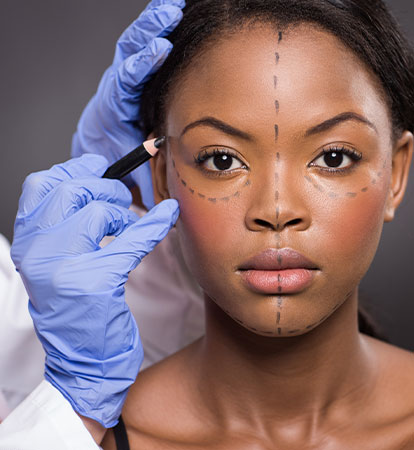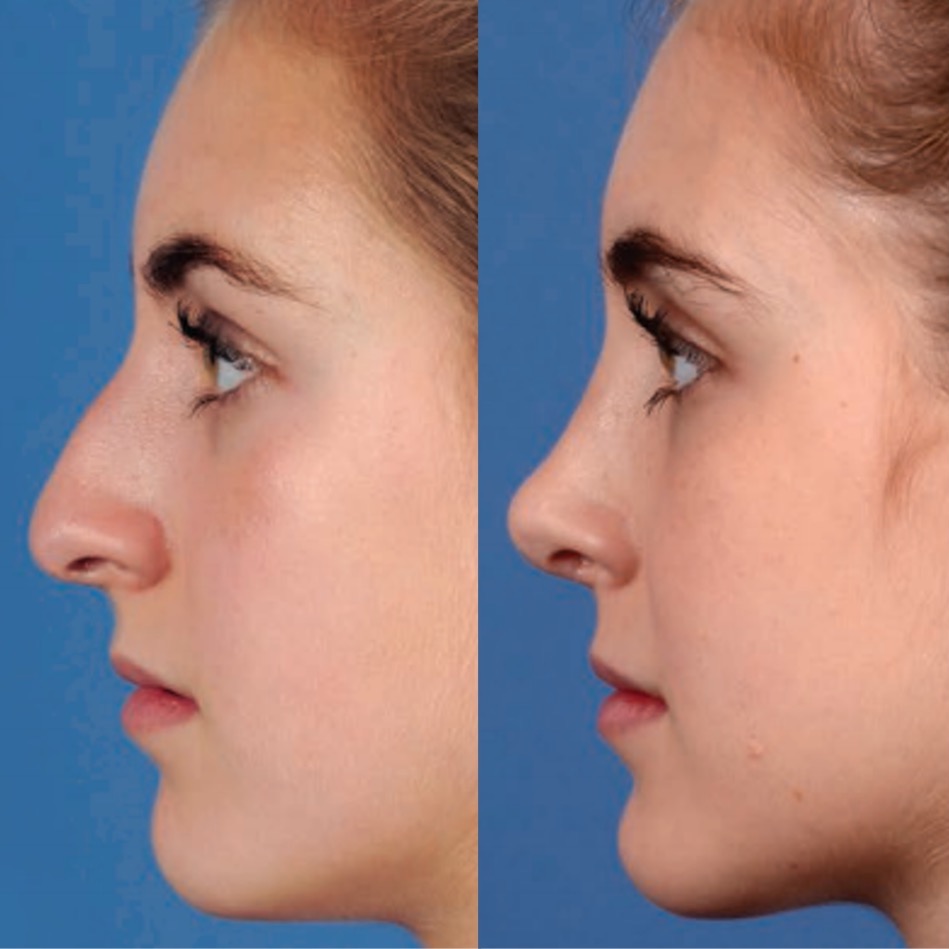A Deep Study the Typical Validation for Looking For Plastic Surgery: Unboxing the Wish for Adjustment and Self-Improvement

Societal Stress and Elegance Standards
Frequently, social stress and dominating elegance requirements play a considerable duty in people' choices to go after plastic surgery (liposuction bellevue). In contemporary culture, graph greatly influences individual perceptions of appearance, commonly perpetuated by media, celeb recommendations, and social platforms. These channels often promote idealized versions of beauty, leading individuals to internalize these standards and evaluate their self-respect against them

Additionally, these pressures are not limited to particular demographics; they impact people throughout different ages, sexes, and histories, highlighting the pervasive nature of elegance standards. This prevalent impact increases important concerns about the ethics of cosmetic surgical treatment and the effects of societal criteria on individual selections. Ultimately, recognizing these pressures is critical for promoting a much more comprehensive meaning of charm that commemorates diversity.
Personal Experiences and Transformative Stories
Numerous people that undergo plastic surgery record transformative experiences that expand beyond simple physical changes. For several, these treatments act as a driver for improved self-worth and a renewed sense of identity. Clients frequently describe feeling liberated from long-standing insecurities, causing boosted self-confidence in both individual and professional worlds.
Take, for instance, the tale of a young woman who went through boob job after years of feeling self-conscious regarding her look. Post-surgery, she reported not only a newly found comfort in her body however also a considerable renovation in her social life and job opportunities. Similarly, a middle-aged guy who chose to undergo a renovation shared just how the treatment renewed his expectation on life, prompting him to go after new rate of interests and partnerships.

Emotional Variables Behind Cosmetic Surgery
Numerous psychological elements add to the choice to undergo cosmetic surgery, reflecting deeper psychological and mental health and wellness considerations. People usually seek surgical improvements as a way to resolve feelings of inadequacy, low self-esteem, or dissatisfaction with their appearance. These mental motivations can be rooted in previous experiences, social contrasts, or individual ambitions.
Body photo distortion is a widespread problem, where individuals view their physical characteristics in an exaggeratedly adverse light. This distortion can cause compulsive ideas concerning perceived imperfections, triggering the need for surgical change as a remedy. Furthermore, the quest of excellence and societal stress can intensify these sensations, pushing individuals toward cosmetic treatments in hopes of accomplishing an idyllic variation of themselves.
Furthermore, the concept of self-improvement plays a critical function. Several individuals watch cosmetic surgical treatment as a path to enhance their top quality of life, believing that enhanced appearance will lead to raised social acceptance, much better relationships, or enhanced career chances. Inevitably, the psychological variables behind plastic surgery underscore the intricate interplay between individual self-perception and exterior influences, disclosing the diverse nature of the need for modification.
The Role of Media in Perception
In today's society, media plays a crucial function try this website fit understandings of beauty and self-worth. Through different platforms-- social networks, television, and advertising and marketing-- idealized criteria of appeal are commonly distributed, affecting private goals and self-image. These portrayals often emphasize slim meanings of attractiveness, mostly including youthful, slim, and digitally enhanced images, which can develop impractical benchmarks for people aiming to adjust.
The influence of media is more exacerbated by the pervasive nature of social media, where browse around these guys customers are bombarded with curated material that highlights aesthetic enhancements, endorsing a culture of contrast. This continuous exposure can cause sensations of insufficiency amongst audiences, triggering them to take into consideration plastic surgery as a way of attaining the viewed suitable. Study shows that people who involve with these media representations are most likely to share dissatisfaction with their appearance, enhancing the wish for surgical interventions.
Furthermore, the normalization of cosmetic surgical treatment in media narratives can desensitize target markets, mounting such procedures as commonplace and even required for social approval. Therefore, the media's representation of appeal not only affects individual selections pertaining to cosmetic surgical procedure but additionally adds to a broader social discussion regarding self-respect and identification.
Future trends and moral factors to consider
In the middle of the growing appeal of plastic surgery, honest factors to consider bordering the technique have become significantly famous. As the demand for procedures increases, so too do problems relating to informed permission, the psychological motivations of patients, and the potential for exploitation by surgeons. It is crucial for professionals to guarantee that people completely recognize the advantages and dangers, as well as the implications of their choices, to foster a responsible method to aesthetic enhancements.
In addition, the influence of social media sites and elegance requirements questions about the effect on psychological wellness, specifically among susceptible populations. As awareness of body image issues grows, ethical method necessitates a careful analysis of the motivations behind surgical treatments. Specialists need to stabilize patient needs more tips here with moral responsibility, making certain that decisions are rooted in authentic self-improvement instead of social pressures.
Wanting to the future, trends might change in the direction of non-invasive and technologically progressed procedures, highlighting client safety and security and complete satisfaction. Additionally, the unification of emotional evaluations can help attend to underlying concerns before medical intervention. The plastic surgery area need to adjust to these honest obstacles while advertising a culture of openness and self-acceptance, ultimately focusing on the wellness of patients.
Final Thought
In conclusion, the search of cosmetic surgical treatment is affected by an assemblage of societal stress, personal experiences, and psychological variables. As moral factors to consider develop, future trends in cosmetic surgery will likely show recurring social discussions surrounding self-improvement and individual identification.
Often, social pressures and dominating appeal requirements play a significant duty in people' decisions to go after cosmetic surgery. liposuction bellevue. Eventually, these transformative stories highlight the diverse factors people look for cosmetic surgical procedure, intertwining personal development with the search of aesthetic enhancement
Lots of individuals watch cosmetic surgery as a pathway to improve their quality of life, believing that enhanced appearance will certainly lead to enhanced social acceptance, far better relationships, or boosted career chances. Inevitably, the psychological elements behind cosmetic surgical treatment emphasize the intricate interaction between private self-perception and external impacts, revealing the multifaceted nature of the wish for modification.
As ethical considerations advance, future patterns in cosmetic surgery will likely reflect continuous social discussions surrounding self-improvement and individual identification. liposuction bellevue.